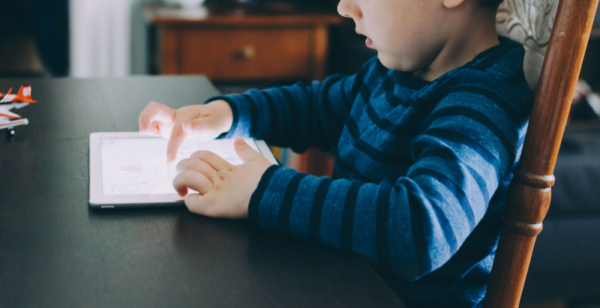The internet offers children both entertainment and useful resources for learning and also harbors dangers that parents want to protect their children from low-quality platforms, unsafe websites, unwanted content, and more. That’s why web control is an important part of parental control. This option is not meant to completely block a child from surfing online but serves to protect them from cyber fraudsters, bullying, and inappropriate content.
Web Blocking as a Means of Ensuring Child Safety
A parental control program on a child’s device helps prevent situations where a child encounters online predators such as stalkers, fraudsters, or providers of harmful content. With such protection, the online environment becomes a safe space for learning, exploring the world, and enjoying beneficial entertainment. By filtering content that is inappropriate for children, parents don’t need to control all of their child’s online activity — web blocking can do this automatically.
Another important aspect is the ability to intervene if the child receives aggressive messages, threats, or demands for certain actions. Recently, the police tracked down a criminal who was messaging a child on TikTok. It started with innocent comments but escalated to demands for the child to send nude photos. This was quickly detected, the child’s mother intervened, and the police were alerted. Together, they tracked and arrested the criminal. What could have happened if the parents hadn’t been able to see these messages in time? It’s frightening to imagine.
A third significant advantage of web control is the ability to set screen time limits. Kids are more prone to distractions than adults, and their ability to stay focused on essential tasks is still developing. It’s a parent’s job to use web blocking to regulate the amount of time their child spends online.
How Web Control Works?
The web blocking option can work in several ways:
- Parents can set what kind of content they want to hide from their child’s view, such as gambling, adult content, violence, etc.
- Search history tracking and online activity logging help parents understand how their child spends their time online, what interests them, and what they search for.
- Limiting online time applies to the browser and apps that work with an Internet connection.
- Remote management is convenient for parents to monitor their child’s online activities without physical access to their devices as all the necessary reports are displayed on their devices.
A web blocking and parental control program is an auxiliary tool. The best results are achieved when it is combined with honest conversations and explanations of online safety rules. It’s important to tell the child why web blocking is installed on their device, what online threats exist, how to avoid them, and what the consequences can be if they don’t. It’s even better if the family fosters an atmosphere of acceptance, understanding, and support, where the child is not afraid to talk about their difficulties and share problems. In such an environment, they will trust their parents rather than online strangers, and this trust will also contribute to their safe and responsible behavior on the Internet.

